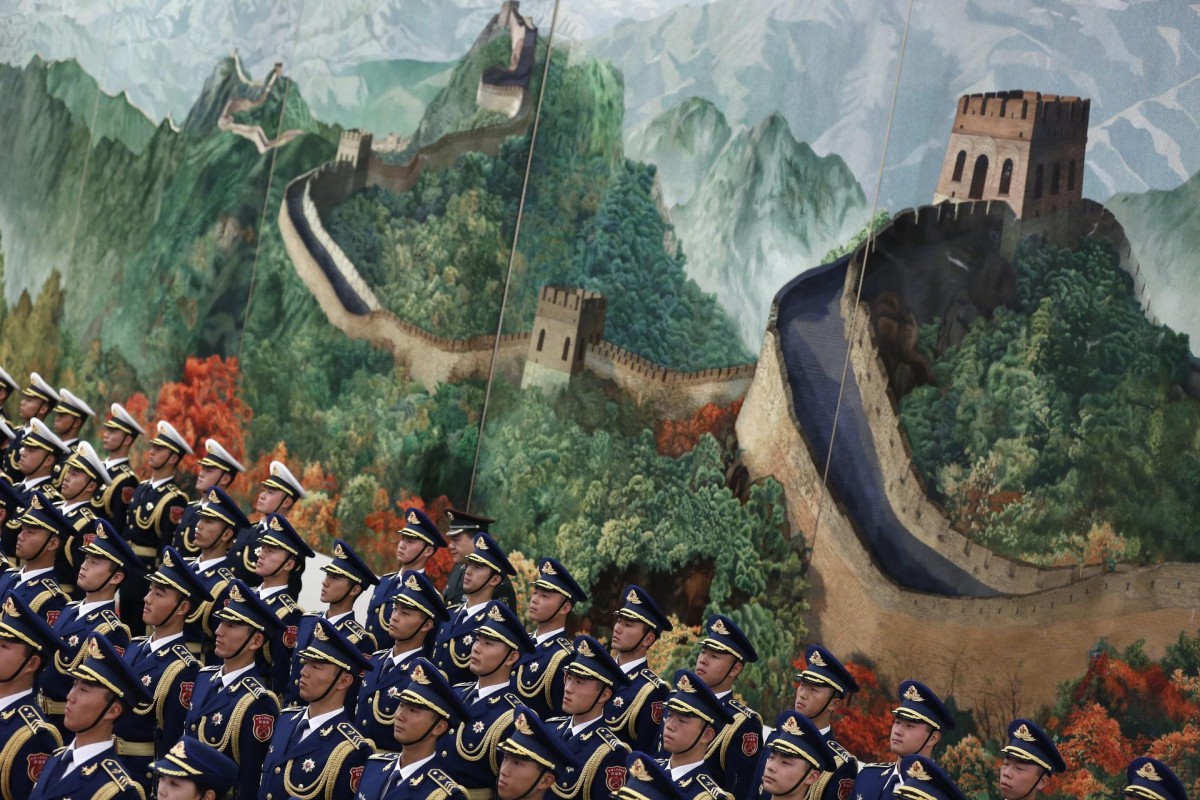
 Guards stand at attention during a welcoming ceremony for US President Barack Obama in Beijing.
Guards stand at attention during a welcoming ceremony for US President Barack Obama in Beijing.Sino-US relations are, without a doubt, an important factor in maintaining global prosperity and stability. However, one of the two parties doesn’t seem to be cooperating as well as it should be.
Although bilateral ties seemed to have improved during November’s APEC summit, especially when the ground-breaking climate change agreement was announced, the US is still actively trying to contain China’s global influence.
According to The Wall Street Journal, the “Land of Opportunity” tried to pressure China into killing off its proposed Asia-Pacific Free Trade Area (FTAAP). As the name suggests, the FTAAP is an agreement which would allow Asia-Pacific economies to trade more freely due to the reduction or removal of tariffs (taxes imposed on imports).
The US was reported to have supported the agreement several years back, but decided to construct its own FTA, the Trans-Pacific Partnership (TPP), instead. The TPP would include 12 economies across the Pacific - sans China, of course.
Analysts believe that the US would rather abandon some of its own gains in order to inflict maximum losses on the Chinese economy and weaken its control over the region. The Wall Street Journal estimates that the FTAAP would allow China to gain $1.6 trillion dollars in exports, while the U.S would “only” gain $626 billion. On the flip side, the TPP would earn the US much less money, but it would also cause China to lose approximately $100 billion as signatories of the TPP would be more likely to turn to other TPP members for trade due to reduced import restrictions.
Despite this, some believe that the decision by the US was merely a pragmatic one. They claim that the TPP would be the better option as it would take a decade for the details of the massive FTAAP to be ironed out and put into practice due to the number of trade partners involved.
Uncle Sam has also been trying to sabotage China’s other attempts to unify neighbouring economies. The New York Times reports that American officials had lobbied against China’s proposed Asian Infrastructure Investment Bank (AIIB) with “unexpected determination” and took part in under-the-table discussions with other Asian countries to deter them from signing on to China’s grand plan.
Although China has yet to meddle with American affairs, the actions of the Obama administration are, in all honesty, understandable. It’s only natural for a “leading” economy to do whatever it takes to solidify its stance in the global political environment and maintain its supposed control over the world. However, their actions are certainly not the way to achieve global stability.
It is important for the two nations to work in a cohesive and cooperative manner to allow for further constructive developments in the world economy. If the United States continues with their zero-sum strategy, the two powers won’t be the only losers. The American government needs to rethink foreign policy and take a more enthusiastic attitude towards improving the world for all.